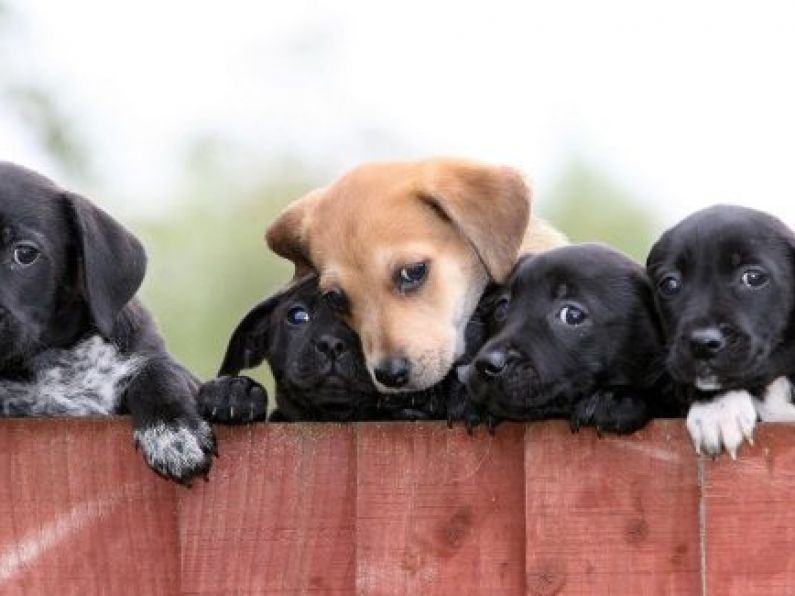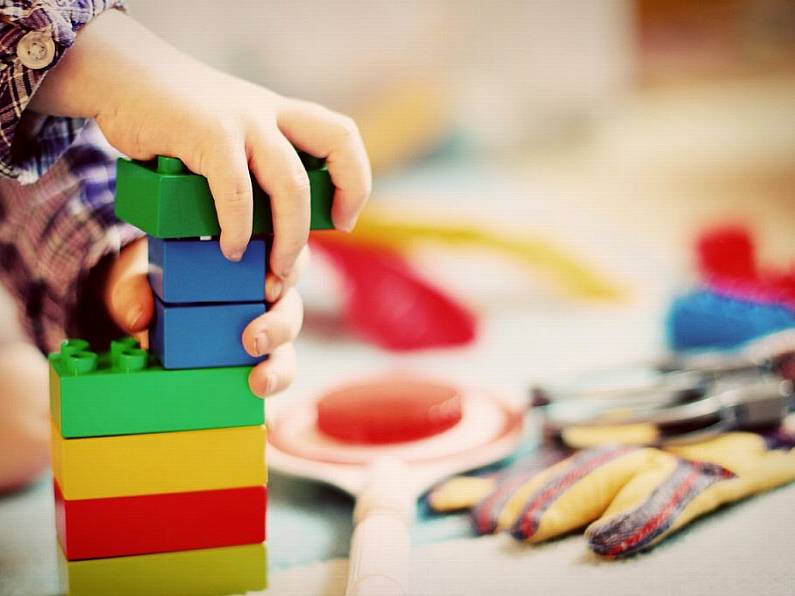By Sarah Slater
An animal welfare organisation is urging the public not to buy pets online.
The Irish Pet Advertising Advisory Group (IPAAG) has revealed thousands of people are continuing to buy online despite the danger of responding to pet ads.
The IPAAG is launching a campaign to raise awareness about the dangers involved as World Animal Week gets underway tomorrow.
A recent survey carried out by the IPAAG found more than 15,800 advertisements for puppies and dogs were placed on the website DoneDeal.ie over a seven-month period from February to August this year.
During the same period more than 1,700 cats, 9,700 equines, 550 reptiles and more than 1,100 small mammals were also advertised on the pet pages.
Instead of calling for a ban, the IPAAG works with classified websites in Ireland to help make their advert pages safer for pets and prospective owners.
IPAAG Chairperson and ISPCA CEO Dr Andrew Kelly said: "Thousands of puppies, dogs and other animals are advertised on DoneDeal.ie and other online classified websites in Ireland every month, highlighting the sheer scale of the demand for people opting to purchase a pet online.
“Being able to sell puppies online makes it very easy for unscrupulous breeders to conceal the substandard and often dangerous conditions their puppies come from.
"Animal welfare organisations regularly hear from individuals and families who purchased a pet from an online advertisement only for it to fall sick or even die soon afterwards."
“We always encourage prospective pet owners to consider adopting a pet from a reputable rescue organisation first.
“However, we do recognise that people will turn to their computers when looking to buy or sell almost anything at the click of a mouse and sadly pets are not exempt from this.
“This is why we believe the best solution is to engage with online classified sites. DoneDeal are extremely cooperative and do everything they can to adhere to IPAAG’s minimum standards and remove advertisements in breach of these standards and that contain animal welfare concerns.
“We hope anyone looking to get a new pet, particularly a puppy, will visit www.ipaag.ie and read the information there, download our puppy checklist and avoid falling victim to unscrupulous breeders.”
Gordon, a father from Dublin, and his family went through such a tragedy after buying a puppy from an online advert. He bought the puppy for his daughter, who is in first year at school.
He said: “My daughter suffers from anxiety. We thought having a puppy would help her make friends, sharing photos and videos, bringing it around school to collect her.”
Gordon’s daughter was so excited to get a new puppy when Gordon brought her home. But it only took a day for Gordon to realise something was terribly wrong.
Within two days, the puppy was severely ill. She was lethargic, vomiting and had diarrhoea.
Gordon rushed the puppy to the vet, where it was confirmed she had parvovirus, a viral infection that is often fatal to puppies. The puppy was transferred to the Pet Emergency Hospital at UCD where she was on a drip. But, sadly like many puppies who contract the virus, she didn’t survive.
In Gordon’s case, he was left with a bill of more than €1,300, a devastated family, and no puppy. Puppies need to be vaccinated against parvovirus by a vet from six weeks of age before they are old enough to be sold.
When Gordon bought his puppy, the breeder gave him a vaccination card for her.
It had a sticker and initials, but it had not been stamped by a vet, indicating the card was fake.
The Advisory Group was formed in 2015 by a number of leading animal welfare organisations such as the, ISPCA, The Irish Blue Cross, Dogs Trust, The Donkey Sanctuary, MADRA, Veterinary Ireland, the Irish Horse Welfare Trust, Done Deal and The Department of Agriculture, Food and the Marine, to combat the growing concern about the irresponsible advertising of pets online.
The IPAAG’s #PuppyDotCon campaign being launched tomorrow will include a checklist for prospective buyers to help them identify welfare issues in online advertisements, as well as other information to enable potential pet owners to buy a healthy pet with confidence.






